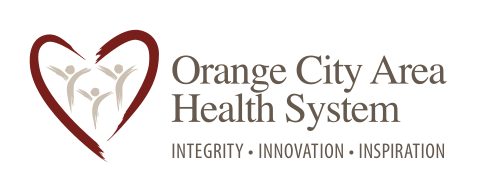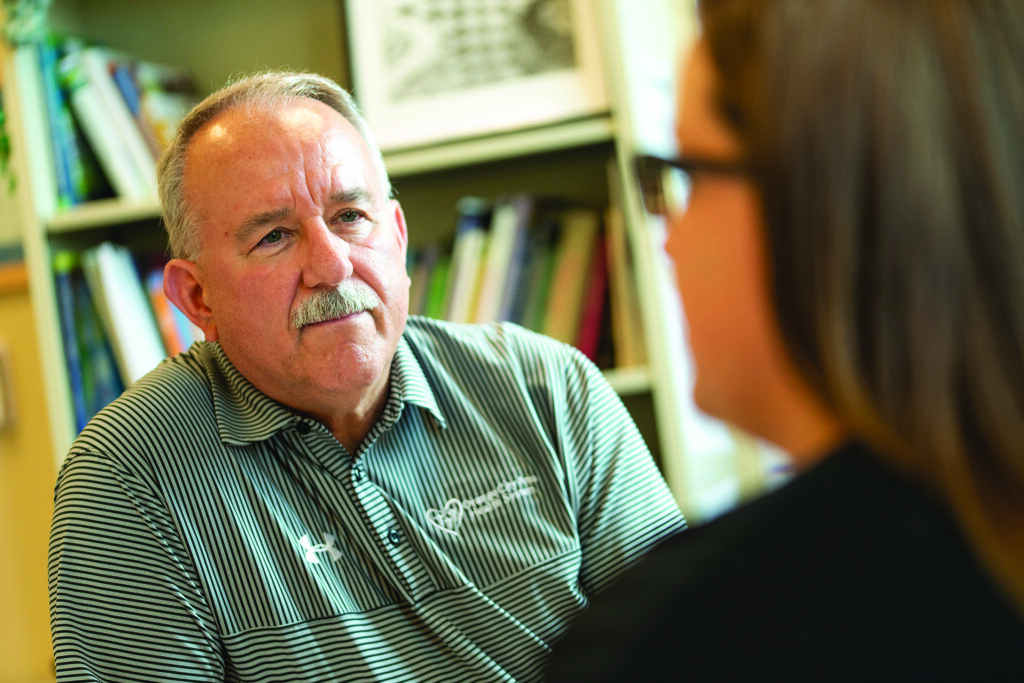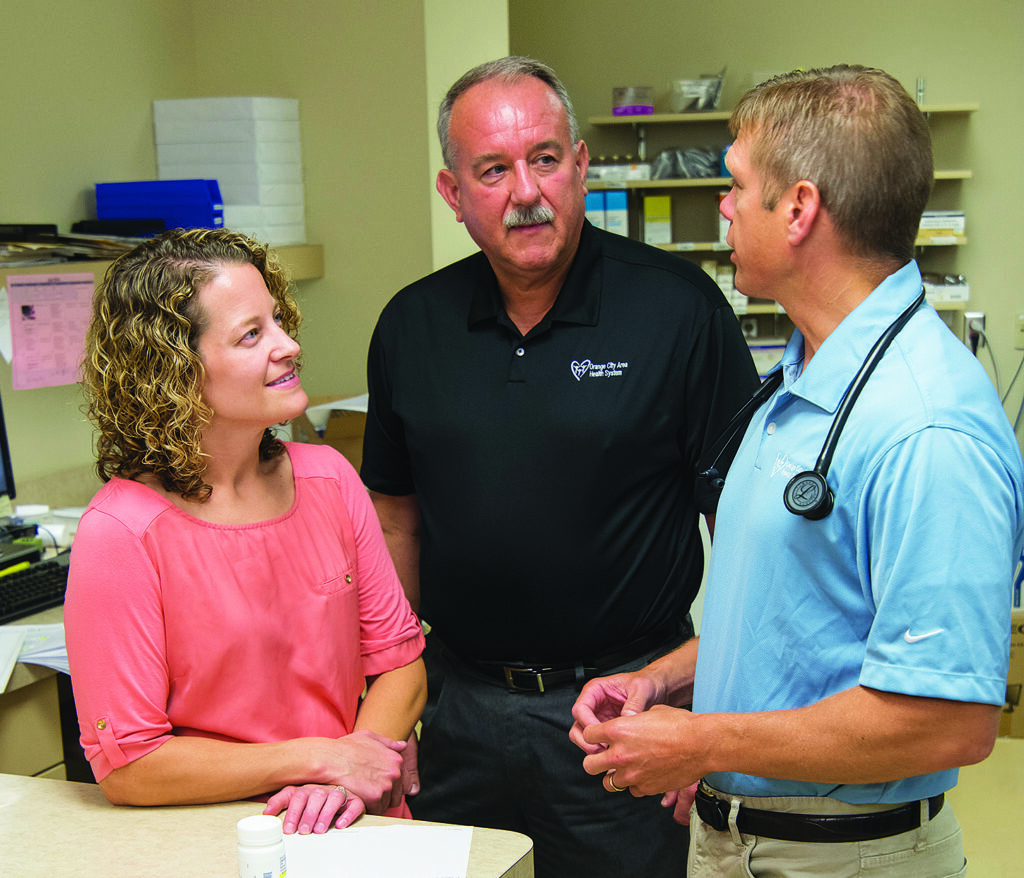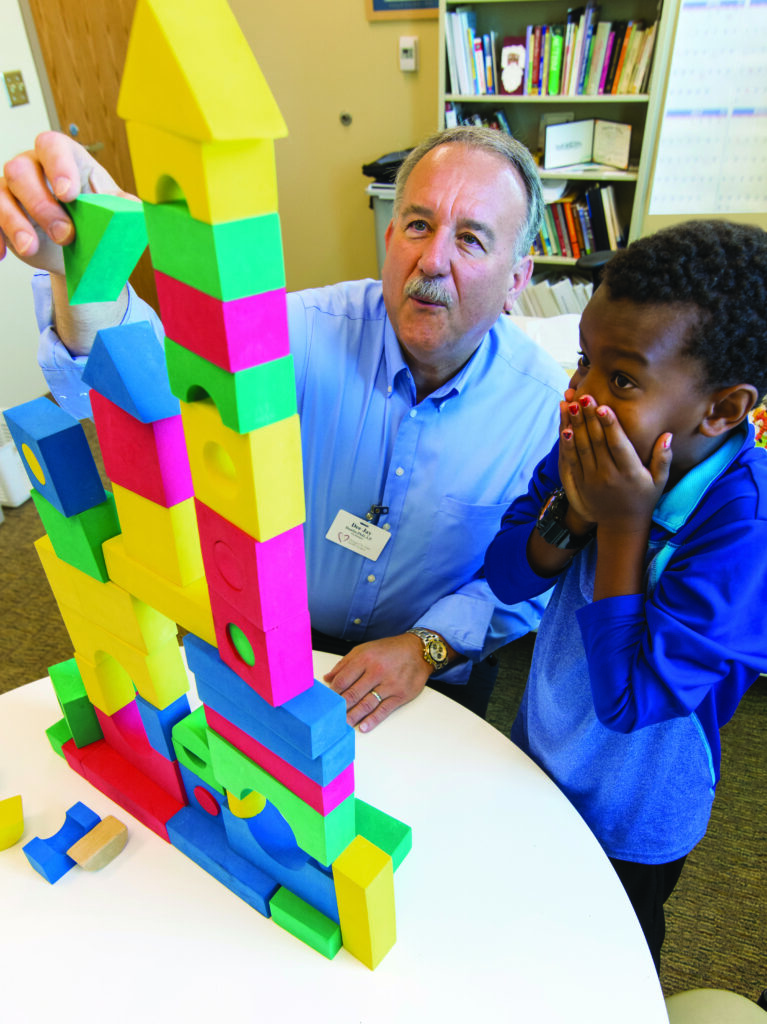-by Dr. Dee Jay Donlin, Behavioral Health Clinic
London psychiatrist, John Bowlby, suggested that attachment was “lasting psychological connectedness between human beings.” Several other names have been given to this phenomenon, such as “bond” or “trust.” Bowlby suggested that the development of this attachment (or lack thereof) as a child, had a profound impact on ongoing behavior and relationships. Children who were securely attached were better able to explore autonomously and find comfort in their caregiver when stressed. This was thought to be the product of a sensitive and responsive caregiver who was able to adequately meet the child’s needs. Insecurely attached children were often not comforted or did not seek comfort from their caregiver when distressed. Attachment theory doesn’t stop in childhood but continues throughout our lifespan, affecting expectations and trust in relationships.
Much has been written these days about the eroding trust that people have in our society. The Pew Research Center recently published information that suggests the public’s confidence in elected officials, business leaders and journalists has fallen significantly. Unfortunately, confidence in schools, military and medical scientists has also fallen. Most survey groups report that consumers’ trust in doctors and hospitals had begun to decline prior to the pandemic and then has accelerated during and after the pandemic. One of the concerns about this trend is that people will begin to put unwarranted trust in unreliable sources. In the 2023 Edelman Trust Barometer: Trust and Health report, among those who don’t trust their healthcare system, 47% followed advice they found on social media, even though it contradicted their doctor’s advice. 44% of young adults (ages 18-34) said the average person who has done their own research is just as knowledgeable as a doctor on most health matters.
Healthcare institutions and insurance companies have certainly contributed to trust issues on multiple levels including confusing, if not contradictory, recommendations/guidelines, increasing cost of care and limited time available for patients in the exam room. It’s hard to know who/what to trust. The development of a trusting relationship doesn’t mean that everything always goes smoothly. Rather, trust develops when there is adequate communication to identify common goals, work through questions or differences and develop a sense of confidence that the patient’s needs will be met.
At Orange City Area Health System, emphasis is placed on providing inspirational patient centered care in which the opinion and concerns of the patient are addressed by the innovation and expertise of staff, to make the best decisions about the patient’s health. Many of the satisfaction survey forms received reflect this sentiment. In this time of so many sources of information, yet so much uncertainty, OCAHS invites you to participate in trustworthy dialogue about your health care needs. Consider making or maintaining that communication with your OCAHS provider today.



